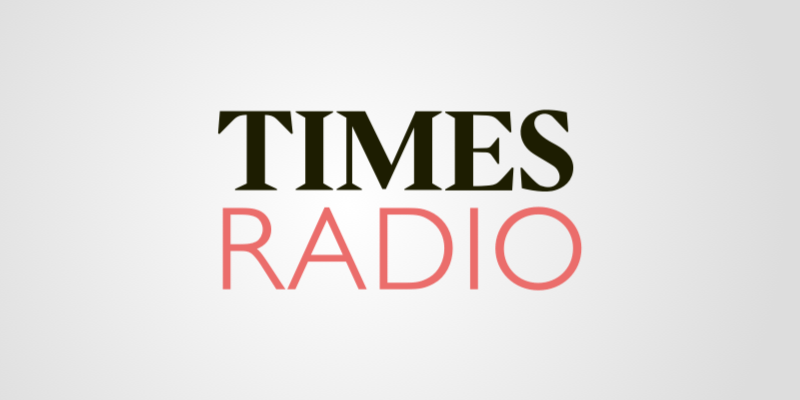What can we learn from Times Radio?

The recent launch of Times Radio has inspired a healthy debate in the industry about the platform’s potential for brands to cross-over.
First hitting the airwaves on 29 June, The Times became the first major British newspaper to adapt its media output in this way.
In this article, we will explore the journey towards launch and consider what lessons the industry can learn from this venture.
Before we go into detail, we should bear in mind that brands crossing over from one industry to the other is nothing new, and of course not limited to the world of radio broadcasting.
TV and film are two great examples of industries where leading titles are adapted to create a deeper brand legacy, through the launch of spin-off shows, books, and other merchandise.
In other industries, some brands have succeeded in transcending their sector For example, the popular board game Monopoly has been transformed into everything from a competition card that comes free with a meal at McDonalds to a live casino game at Space Casino. It’s clear that for some brands, there is always the opportunity to gain market share in the unlikeliest of places. Naturally, this is somewhat dependent on the strength of the brand.
Will Times Radio be a success?
Times Radio was first announced on 28 January and conceived with the primary purpose of driving subscriptions to the newspaper. While this is quite unusual for a commercial radio station, this kind over crossover marketing has been utilised by other brands.
For example, the launch of the BT Sport network of TV channels and the telecoms company’s BT Vision service was seen by many as a means of driving up subscriptions to the business’s internet service.
The Times is certainly a significant, well-respected brand that commands authority.
In many ways, it is a perfect fit for news-talk output and it will most likely benefit from not having to overcome the challenge of building a brand reputation from scratch.
It is also part of a network that includes established names like Talkradio, Talksport, and Virgin Radio, and that added infrastructure will also be a major benefit during the station’s formative months.
Could other publications follow suit?
British newspapers are, in general, seeing readership decline and new platforms such as radio perhaps offer an alternative route to growing their audience.
Many newspapers have experimented with the use of paywalls, while others have doubled down on advert display on pages to boost revenue, although this can disrupt the user experience.
With all of these factors considered, and on the basis that papers are prepared to stand the up- front costs, radio could offer a useful alternative means of engaging with potential customers, especially if they are effective at cross-promotion across their products.
